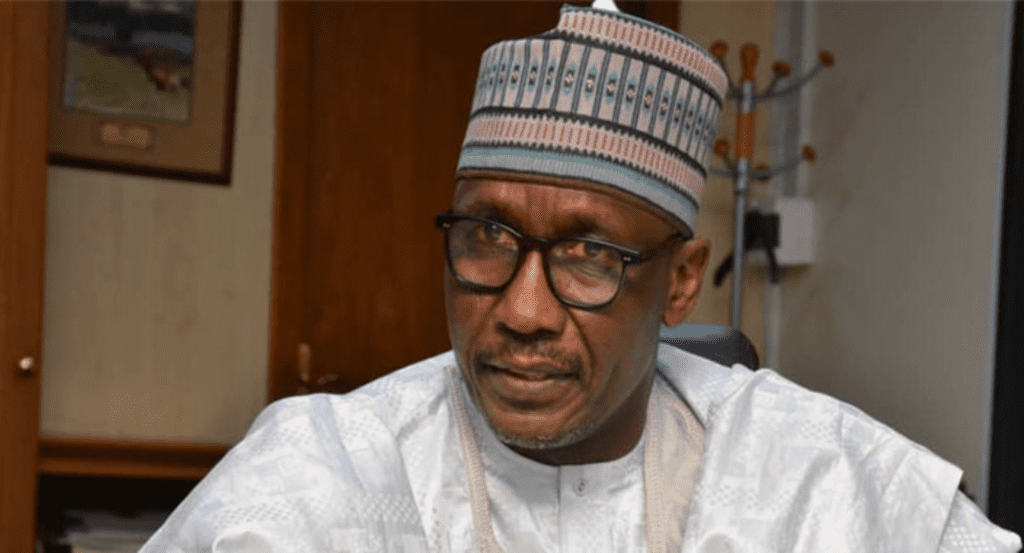The Socio-Economic Rights and Accountability Project (SERAP) has urged the Nigerian National Petroleum Company Limited (NNPCL) to provide a detailed account of N825 billion and $2.5 billion reportedly allocated for refinery repairs. SERAP expressed concerns about a lack of transparency regarding the funds, calling on the NNPCL to disclose expenditure records and progress reports to the public.
In a statement issued in Abuja, SERAP emphasized that the alleged mismanagement of public resources violates the principles of accountability and good governance. The group urged the NNPCL to ensure clarity regarding how the funds were used, citing concerns about the dilapidated state of Nigeria’s refineries despite these substantial allocations.
The funds in question were reportedly earmarked for the rehabilitation of major refineries, including those in Port Harcourt, Warri, and Kaduna. Despite these investments, Nigeria continues to rely heavily on imported refined petroleum products, raising questions about the effectiveness of the repairs and the justification for the expenditure.
Former President Olusegun Obasanjo recently criticized NNPCL’s handling of the nation’s refineries. Speaking during a public forum, he labeled the invitation extended to him to inspect the facilities as “disrespectful,” citing the organization’s failure to achieve operational results despite repeated rehabilitation efforts.
While NNPCL has yet to respond directly to SERAP’s demands, the public sentiment mirrors frustrations expressed by stakeholders about the apparent lack of progress in refinery operations. Calls for privatization or a complete overhaul of NNPCL’s management have resurfaced in light of these revelations.
SERAP reiterated its pledge to hold public institutions accountable, threatening to pursue legal action if NNPCL fails to provide the requested information. The group highlighted the importance of transparency in ensuring that public funds are used for their intended purposes.
The controversy underscores long-standing challenges in Nigeria’s oil sector, from financial mismanagement to operational inefficiencies. As SERAP presses for transparency and accountability, the spotlight remains on NNPCL to address these concerns and rebuild public trust in its stewardship of the nation’s resources.























